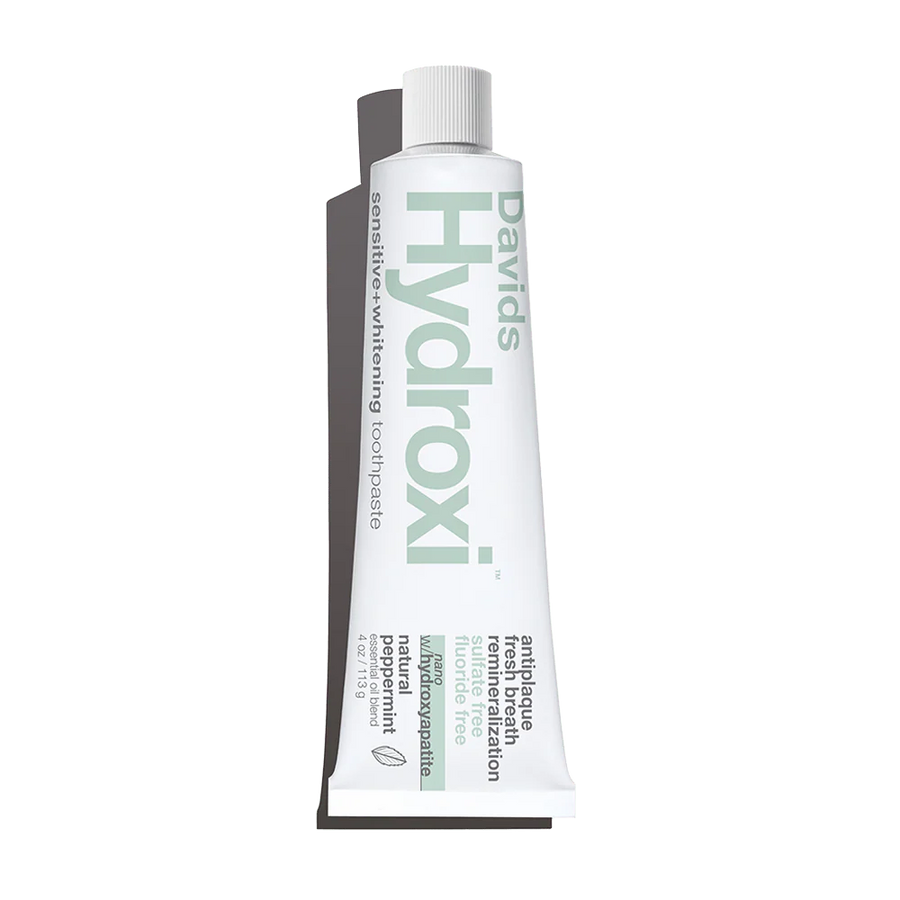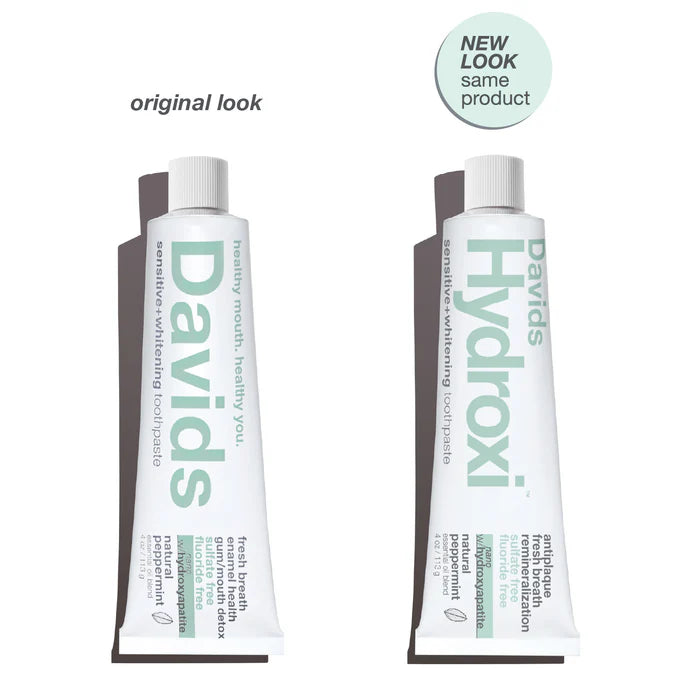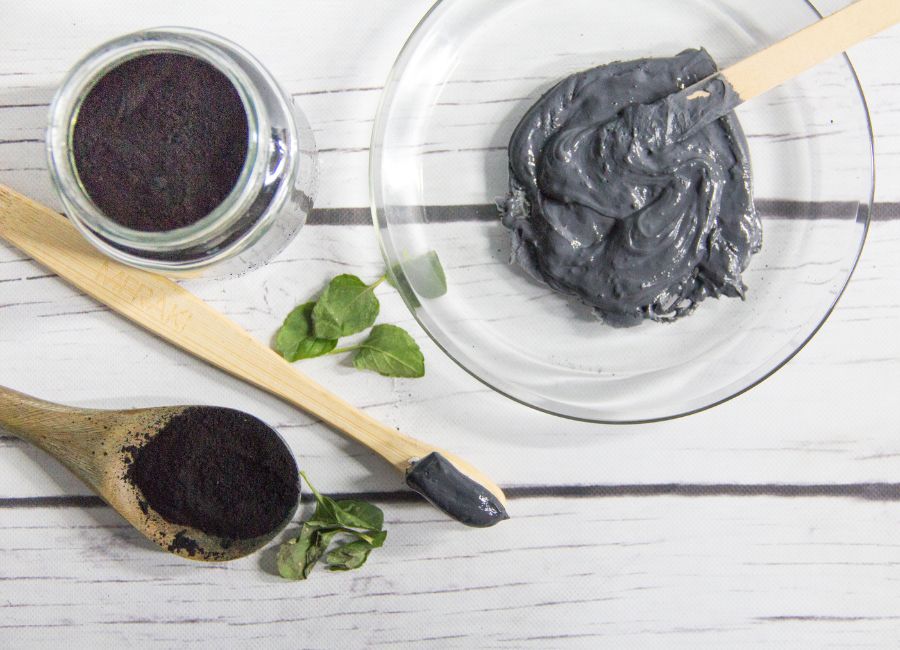Choosing the Right Toothpaste for Your Needs: A Comprehensive Guide for a Dazzling Smile

Selecting the perfect toothpaste might seem straightforward, but the variety of options available can easily overwhelm even the most informed consumers. The aisles are filled with promises of whitening, tartar control, enamel strengthening, and more. How do you sift through the buzzwords to find what truly matters for your dental health? This guide aims to demystify the process, helping you make an educated decision for a healthier, more radiant smile.
Understanding Your Dental Needs
Before diving into the types of toothpaste available, it's crucial to evaluate your specific dental needs. Are you plagued by cavities, gum disease, or bad breath? Perhaps you're looking for whitening options or have sensitive teeth. Once you understand your needs, it becomes easier to pinpoint the toothpaste that will serve you best.
For Cavity Prevention
Cavities are the result of tooth decay, which is caused by bacterial plaque converting sugars into acids that damage your teeth. Toothpaste with fluoride has been proven effective in combating this issue by strengthening enamel and making it more resistant to acid. Make sure to check for the Australian Dental Association (ADA) Seal of Acceptance to ensure the toothpaste has been rigorously tested for cavity prevention.
For Sensitive Teeth
If you experience pain while consuming hot or cold beverages, you likely have sensitive teeth. Toothpastes designed for sensitive teeth typically contain compounds like potassium nitrate or strontium chloride, which help block the pathways in teeth that lead to sensitive nerves. Be patient, as it can take up to a month to experience significant relief.
For Gum Health
Issues like gum inflammation and periodontal disease often require specialised care. Toothpaste with stannous fluoride not only protects against cavities but also offers antibacterial properties, making it effective against gum disease. Some formulations may also contain triclosan, an antibacterial agent; however, as discussed in our previous article on ingredients to avoid, you may want to steer clear of this component.
For Whiter Teeth
If a brighter smile is what you're after, look for toothpastes labeled as "whitening." These generally contain mild abrasives that help remove surface stains but won't change the natural color of your teeth. More advanced options may include peroxides, which offer deeper whitening but can increase tooth sensitivity. Use these products cautiously and consult your dentist for a more personalised recommendation.
For Fresher Breath
Bad breath, or halitosis, is a common issue that can be mitigated through proper oral hygiene. Toothpaste with antibacterial agents can help kill odor-causing bacteria. Ingredients like eucalyptus and menthol also provide a burst of freshness, leaving your mouth feeling clean and revitalised.
For Children
Younger family members have specific needs, including smaller-sized toothbrushes and age-appropriate toothpaste. Children under the age of two should generally use toothpaste without fluoride unless otherwise directed by a dentist. Older kids can transition to a fluoride toothpaste, but make sure it's one they like; the more agreeable the taste, the more likely they are to brush regularly.
Checking for Approvals and Certifications
Whatever your needs, always look for toothpaste that has received the ADA Seal of Acceptance or similar endorsements from reputable dental organisations. This ensures that the product meets stringent criteria for effectiveness and safety.
Conclusion
Your choice in toothpaste plays a significant role in your oral health regimen. By considering your dental needs and understanding the benefits of different formulations, you can make an informed decision that goes beyond marketing hype. Remember, what works for one person may not work for another, so don't hesitate to experiment with various brands and types until you find the perfect match for your pearly whites. And of course, no toothpaste can replace regular check-ups with your dental professional for maintaining optimal oral health.









